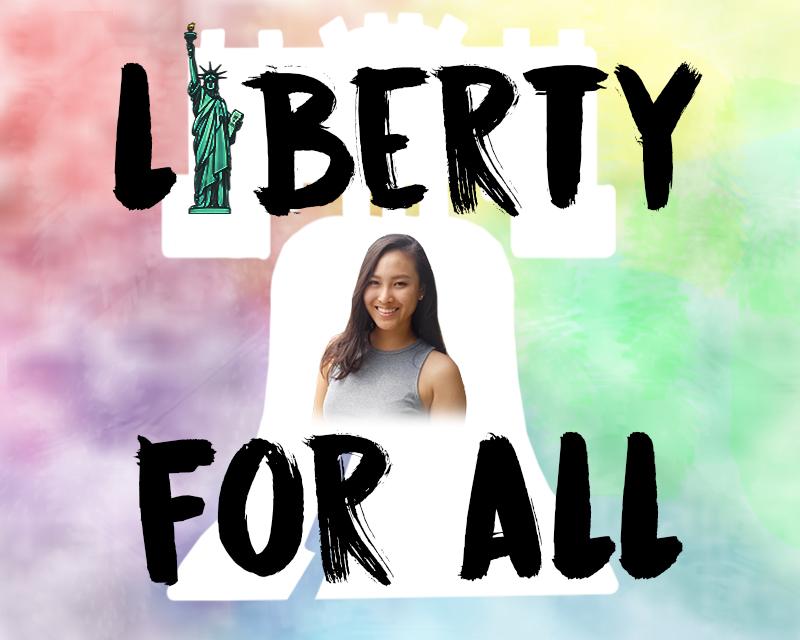“Black Lives Matter” is a term we are all probably familiar with, whether we learned it through hashtags on social media or through the protests featured in the news. These three words have recently emerged as a topic of wide controversy with the tragic incidents that have freckled the past few years: black deaths due to unnecessary and unlawful police brutality—Mike Brown, Sandra Bland, Tamir Rice, Alton Sterling, Philando Castille, and more—have triggered outrage and revealed to us that even in this day, racism is an apparent problem. But whenever a resurgence of the mantra “Black Lives Matter” occurs, there always seems to be an opposing group of people insisting that “All Lives Matter.”
Black Lives Matter, according to its official website, is a “chapter-based national organization working for the validity of Black life” that is “[r]ooted in the experiences of Black people in [the US] who actively resist dehumanization.” The website goes on to state that the movement began in 2012 when Trayvon Martin was posthumously put on trial for his death while his shooter was acquitted. Since then, people of all races and backgrounds have protested and grieved under Black Lives Matter for the unfortunate stories of others who experienced similar fates because of racism, whether that be in the form of unequal pay or being handled with unnecessary force by policemen.
This organization is where the famous mantra was born—and with it, its ugly sibling All Lives Matter. Some may ask, “What is so wrong about thinking that all lives matter?” Out of context, nothing. Of course all lives matter! That is the whole principle behind combating racism: regardless of skin color, everyone deserves to live and be happy just as much as the next person does. But in context, saying “All Lives Matter” in response to the Black Lives Matter movement can be seen as an attempt to cancel out the validity of the movement and silence those who are a part of it.
It is true that African Americans are not the only ones that experience discrimination and inequality on a day-to-day basis; many people of Hispanic, Asian, Middle Eastern, white, and/or other descent undergo significant problems due to racism, and still others suffer from problems other than race.
However, saying “All Lives Matter” while opposing Black Lives Matter does not solve these problems, as the term “All Lives Matter” is a vague blanket term. That is, saying “All Lives Matter” insinuates that the troubles that specific demographics experience (in this case, African Americans) are unworthy of being addressed because there are others also experiencing discrimination. Under this logic, it would be difficult to solve problems regarding inequality for any specific group. The mentality of “All Lives Matter” becomes an obstacle in the journey to bring change and to bring equality.
Saying that “Black Lives Matter” is not saying that only Black lives matter. Saying that “Black Lives Matter” is acknowledging that too many Black lives are being discriminated against and not being treated the way human lives should be treated, and that action to combat this racial discrimination is direly needed. Saying that “Black Lives Matter” is saying that Black lives matter too.
In an ideal future, organizations like Black Lives Matter would not need to exist, because there would be complete equality, with everyone believing that all lives matter. But we are not at that stage yet. Until that day comes, let people say that “Black Lives Matter,” because black lives do, in fact, matter.

